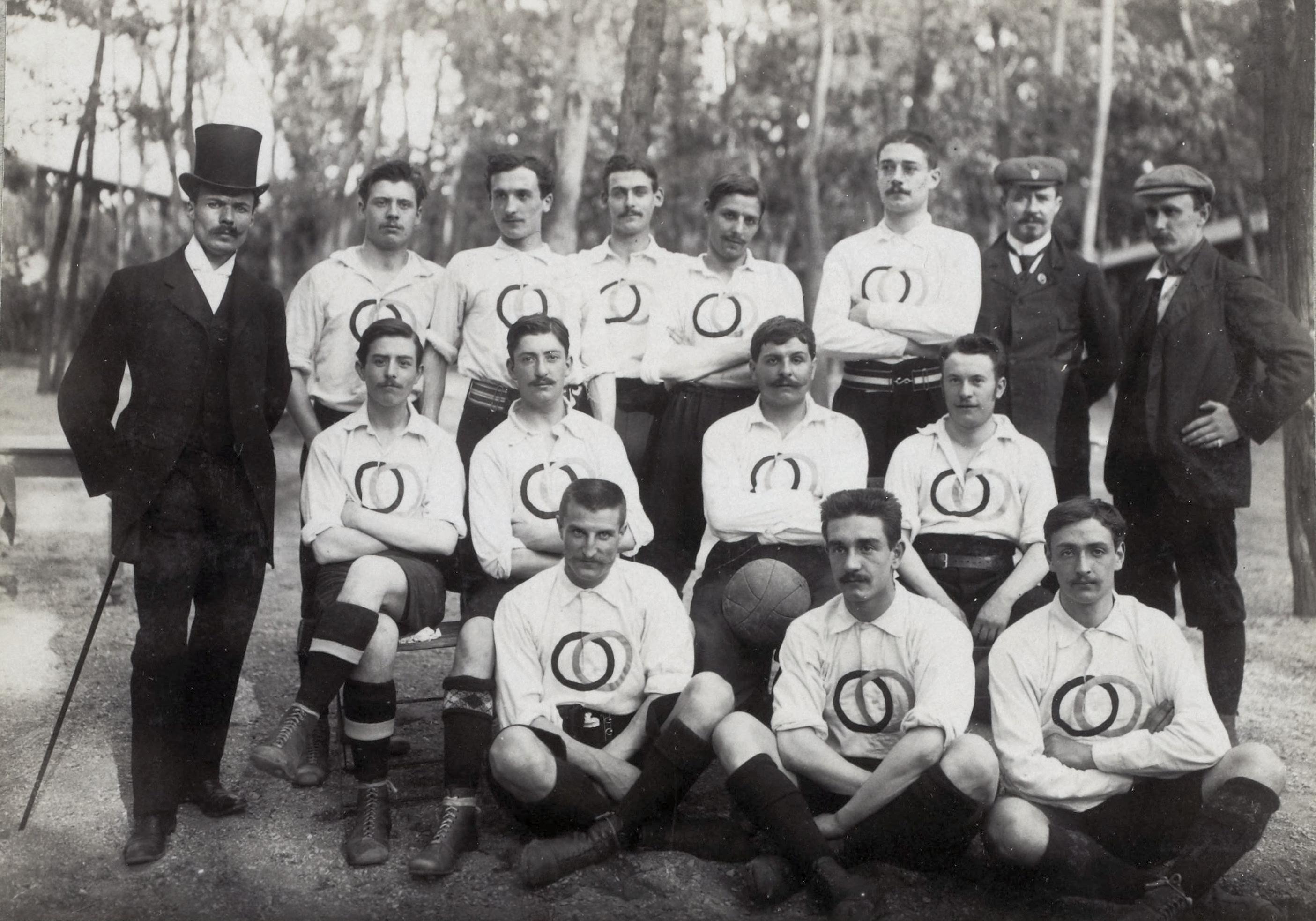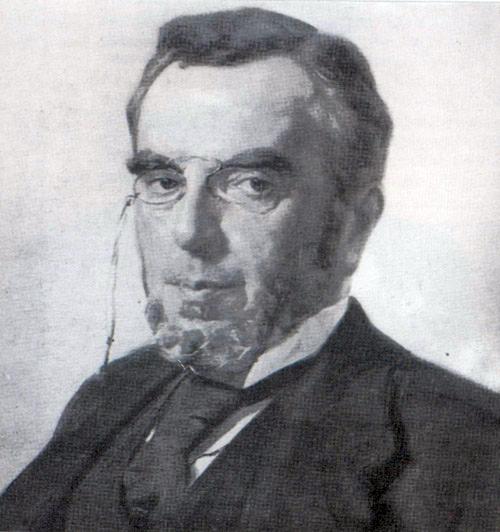|
Russian Empire National Football Team
The Russian Empire national football team was the association football team representing the Russian Empire from 1910 to 1914. History The Russian Empire played its first unofficial international in October 1910 against Bohemia national team, a 5–4 win.Матчи Сборная России по футболу (in Russian). Retrieved 18 June 2014. The was founded in January 1912 and it was admitted to in the same year. The first official international for the team was the second round match against [...More Info...] [...Related Items...] OR: [Wikipedia] [Google] [Baidu] |
All-Russian Football Union
The Russian Football Union (russian: Российский Футбольный Союз, ''Rossiyskiy Futbolnyy Soyuz'' or RFS) is the official governing body of association football in the Russian Federation. With headquarters in Moscow, it organizes Russian amateur and professional football, including the men's, women's, youth, beach soccer, futsal and Paralympic national teams. The RFS sanctions referees and football tournaments for the Russian Premier League and other football leagues in Russia. RFS is headed by Aleksandr Dyukov, the CEO of Gazprom Neft. Structure The RFS is governed by a board of directors led by a chairman, Nikita Simonyan, and a director general, Aleksandr Alayev. The RFU is a member of international football bodies FIFA and UEFA, and also has a relationship with the International Olympic Committee (IOC). History Russian Empire The All-Russian Football Union (VFS) was created on 19 January 1912 and in the same year was admitted to FIFA. The Unions initi ... [...More Info...] [...Related Items...] OR: [Wikipedia] [Google] [Baidu] |
France National Football Team
The France national football team (french: Équipe de France de football) represents France in men's international football matches. It is governed by the French Football Federation (FFF; ), the governing body for football in France. It is a member of UEFA in Europe and FIFA in global competitions. The team's colors and imagery reference two national symbols: the French red-white-blue tricolour and Gallic rooster (''coq gaulois''). They are colloquially known as ''Les Bleus'' (The Blues). France plays their home matches at the Stade de France in Saint-Denis and maintain their national training facility, INF Clairefontaine, in Clairefontaine-en-Yvelines. Founded in 1904, the team has won two FIFA World Cups, two UEFA European Championships, two FIFA Confederations Cups, one CONMEBOL–UEFA Cup of Champions and one UEFA Nations League title. France experienced much of its success in three different eras: in the 1980s, from the 1990s to early-2000s as well as the late-201 ... [...More Info...] [...Related Items...] OR: [Wikipedia] [Google] [Baidu] |
Stockholm Olympic Stadium
Stockholm Olympic Stadium ( sv, Stockholms Olympiastadion), most often called Stockholms stadion or (especially locally) simply Stadion, is a stadium in Stockholm, Sweden. Designed by architect Torben Grut, it was opened in 1912; its original use was as a venue for the 1912 Olympic Games. At the 1912 Games, it hosted athletics, some equestrian and football matches, gymnastics, the running part of the modern pentathlon, tug of war, and wrestling events. It has a capacity of 13,145–14,500 depending on usage and a capacity of nearly 33,000 for concerts. Overview The Stadium was the home ground for association football team Djurgårdens IF for many decades, until the more modern Tele2 Arena was inaugurated in 2013. Djurgårdens IF still has offices in the Stadium building. In 1956, when Melbourne hosted the Olympics, the equestrian competitions were held here due to quarantine rules in Australia. In 1958 the stadium was the venue of the European Athletics Championships. Finland-S ... [...More Info...] [...Related Items...] OR: [Wikipedia] [Google] [Baidu] |
Football At The 1912 Summer Olympics – Men's Team Squads
This page lists the football squads, in order with the gold medallists first, of the 11 participating nations at the men's football tournament at the 1912 Summer Olympics. The tournament was contested in and around Stockholm, Sweden, between 29 June and 6 July 1912. Great Britain Head coach: ''Arthur Birch'' The following players were also named as reserves, but did not play in any matches: Arthur Brown, George Bancroft, Charles Bradley, John Elvey, Wilbur Chapman, Joseph Flavell, Frederick Atkins, Alec Barclay, George How, Frank Monk, William Callaghan, Arthur Smith, Harry Raymond, John Grant, Joe Bailey Denmark Head coach: Louis Østrup Netherlands Head coach: Edgar Chadwick Note: Goalkeeper Wiet Ledeboer was injured on 15 Jun and was replaced by Van Eeck. Source: http://kranten.kb.nl , http://leiden.courant.nu/. Finland Head coach: ''none'' Hungary Head coach: Ede Herczog The following players were also named as reserves, but ... [...More Info...] [...Related Items...] OR: [Wikipedia] [Google] [Baidu] |
Football At The 1908 Summer Olympics
At the 1908 Summer Olympics in London, England, an official football tournament between national representative selections was contested for the first time; football had been played between club teams at the Games of 1900 and 1904. Eight entries were accepted, and were included in the tournament draw, including two from France: the main team and a B team. Both Hungary and Bohemia both withdrew after the draw and before the start of play, leaving six teams to contest the tournament. Great Britain won the gold medal representing the United Kingdom ( Great Britain and Ireland), although all the players were from England. Sophus "Krølben" Nielsen of Denmark set a record by scoring 10 goals in a 17–1 win over France A. The famous mathematician Harald Bohr, brother of the even more famous Niels Bohr, also played for Denmark, who won the silver medal. Competition schedule The match schedule of the tournament. Venue Squads Bracket Tournament The matches: With eight ... [...More Info...] [...Related Items...] OR: [Wikipedia] [Google] [Baidu] |
Football At The 1904 Summer Olympics
Men's association football (soccer) was contested at the 1904 Summer Olympics. A total of three club teams competed, two representing the United States, both from host city St. Louis, and one representing Canada, from Galt (now Cambridge), Ontario. Originally, two other Canadian teams had also been entered in the competition, Berlin Rangers and the University of Toronto, but both withdrew before the draw.Men's Olympic football tournament on FIFA.com The 1904 Olympic Games were spread over several months, linked to the St. Louis World's Fair, and football, in November, was the last sport to be contested. The tournament was played as a straight [...More Info...] [...Related Items...] OR: [Wikipedia] [Google] [Baidu] |
Football At The 1900 Summer Olympics
At the 1900 Summer Olympics, an association football tournament was contested for the first time. Only two matches were held between the three club sides, and no medals were awarded. France's representatives were determined by the USFSA, which elected the Parisian champion Club Français. For Belgium, after Racing Club de Bruxelles declined to participate, a student selection with players from the Université libre de Bruxelles was sent by the Federation.Before the World Cup: Who were football’s earliest world champions? by Paul Brown on Medium Sports, 6 June 2018 The team was reinforced with a few non-students. On the other hand, English club |
1896 Summer Olympics
The 1896 Summer Olympics ( el, Θερινοί Ολυμπιακοί Αγώνες 1896, Therinoí Olympiakoí Agónes 1896), officially known as the Games of the I Olympiad ( el, Αγώνες της 1ης Ολυμπιάδας, Agónes tis 1is Olympiádas) and commonly known as Athens 1896 ( el, Αθήνα 1896), was the first international Olympic Games held in modern history. Organised by the International Olympic Committee (IOC), which had been created by French aristocrat Pierre de Coubertin, it was held in Athens, Greece, from 6 to 15 April 1896. Fourteen nations (according to the IOC, though the number is subject to interpretation) and 241 athletes (all males; this number is also disputed) took part in the games. Participants were all European, or living in Europe, with the exception of the United States at the 1896 Summer Olympics, United States team. Over 65% of the competing athletes were Greek. Winners were given a silver medal, while runners-up received a copper medal. ... [...More Info...] [...Related Items...] OR: [Wikipedia] [Google] [Baidu] |
Football At The Summer Olympics
Football at the Summer Olympics, referred to as the Olympic Football Tournament, has been included in every Summer Olympic Games as a men's competition sport, except 1896 (the inaugural Games) and 1932 (in an attempt to promote the new FIFA World Cup tournament). Women's football was added to the official program at the Atlanta 1996 Games. In order to avoid competition with the World Cup, FIFA have restricted participation of elite players in the men's tournament in various ways: currently, squads for the men's tournament are required to be composed of players under 23 years of age, with three permitted exceptions. By comparison, the women's football tournament is a full senior-level international tournament, second in prestige only to the FIFA Women's World Cup. History Pre-World Cup era Beginnings Football was not included in the program at the first modern Olympic Games in Athens in 1896, as international football was in its infancy at the time. However, sources claim ... [...More Info...] [...Related Items...] OR: [Wikipedia] [Google] [Baidu] |
Robert Fulda
Robert Ferdinandovich Fulda (russian: Ро́берт Фердина́ндович Фу́льда; 18 April 1873 – 16 February 1944), was a Russian sports and flight enthusiast who is considered as the "pioneer of Russian sport". Life Fulda was born into a family of German merchants, who emigrated to Russia in the mid-19th century. Fulda graduated from the Moscow University as a lawyer, but was not interested in practicing his profession.A Pioneer of Russian Sport Voice of Russia, 11 July 2006. Retrieved 18 June 2014. As an athlete, he was mostly interested in and |
Georges Duperron
Georges Aleksandrovich Duperron (russian: Георгий Александрович Дюперрон), born 24 September 1877, died 23 July 1934, was a Russian sports journalist, football organizer and one of the founders of the Olympic movement in Russia. He was of French descent. Duperron was a footballer who played at the first ever football match in Russia. It was arranged on 24 October 1897 in Saint Petersburg. In 1901, he was one of the organizers of the first Russian football league, the St Petersburg Football League. After the establishment of the Russian Olympic Committee in 1911, Duperron was elected as its first secretary.Дюперрон Георгий Александрович Смоленское кладбище (in Russian). Retrieved 18 June 2014. From 1913 to 191 ... [...More Info...] [...Related Items...] OR: [Wikipedia] [Google] [Baidu] |
Football At The 1912 Summer Olympics - Russia Squad
Football is a family of team sports that involve, to varying degrees, kicking a ball to score a goal. Unqualified, the word ''football'' normally means the form of football that is the most popular where the word is used. Sports commonly called ''football'' include association football (known as ''soccer'' in North America and Australia); gridiron football (specifically American football or Canadian football); Australian rules football; rugby union and rugby league; and Gaelic football. These various forms of football share to varying extent common origins and are known as "football codes". There are a number of references to traditional, ancient, or prehistoric ball games played in many different parts of the world. Contemporary codes of football can be traced back to the codification of these games at English public schools during the 19th century. The expansion and cultural influence of the British Empire allowed these rules of football to spread to areas of British infl ... [...More Info...] [...Related Items...] OR: [Wikipedia] [Google] [Baidu] |



1A_Square.jpg)


